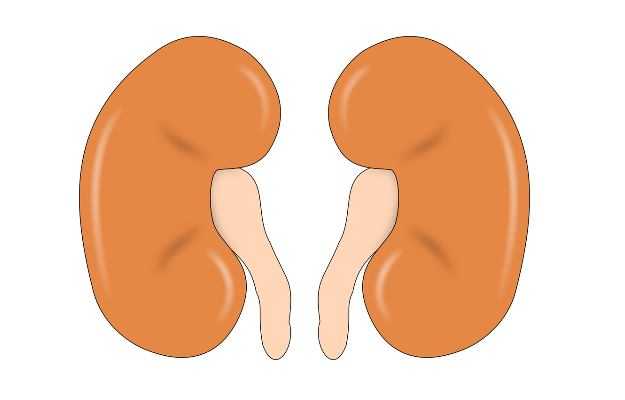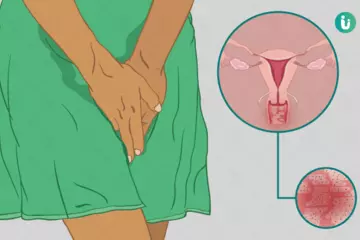What is glomerulonephritis?
Glomerulonephritis is a type of kidney disease causing damage to the glomeruli (tiny filters inside the kidneys that help to filter waste and fluids from the blood). It is generally caused by the immune system attacking healthy kidney tissue.
What are its main signs and symptoms?
Signs and symptoms associated with glomerulonephritis include:
- Tiredness
- Breathing difficulty
- Swelling (oedema) of legs or other parts of the body
- Hypertension
- Joint pain
- Rashes
- Urine containing large amounts of proteins
What are the main causes?
The main causes of glomerulonephritis include:
- A problem with your immune system including conditions like vasculitis and systemic lupus erythematosus (SLE)
- In some individuals, certain infections trigger immune system abnormalities. These include:
- Endocarditis, which is an infection of the heart valves
- Viral infections of the liver such as hepatitis B and hepatitis C
- Human immunodeficiency virus (HIV)
- Possible inheritance
How is it diagnosed and treated?
After taking a proper history of the symptoms, the physician might advise:
- Blood tests:
- Creatinine level, which is high in individuals with kidney disorders.
- Estimated glomerular filtration rate (eGFR), which decreases in kidney disorders.
- Antibodies for various substances that might be triggering the autoimmune reaction.
- Urine test: To check for the presence of blood or protein in the urine.
- Ultrasound scan: To check for any problems in the kidneys, the size of the kidneys and blockages, if any.
- Biopsy: A sample of the kidney tissue is collected and examined under the microscope.
Treatment for glomerulonephritis depends on the severity of the disease and symptoms exhibited. In mild cases, no treatment is required.
Some of the treatment modalities include:
- Dietary changes: Restrict foods and drinks containing high amounts of salt and potassium and fluids to control blood pressure.
- Quit smoking: It is advised to avoid smoking, as it can worsen glomerulonephritis and increase the risk of heart disease and stroke.
- Medications, which include:
- Blood pressure reducing agents such as angiotensin receptor blockers (ARBs), angiotensin-converting enzyme (ACE) inhibitors, diuretics and others.
- To reduce swelling and suppress the immune system, corticosteroids (prednisone) are advised.
- When there are problems with the immune system, immunosuppressants such as tacrolimus, cyclosporine, azathioprine, rituximab or mycophenolate mofetil may be prescribed.
- Cyclophosphamide in low doses can also be used as an immunosuppressant.
- Antiviral medication is given in individuals with viral infection.
- As cholesterol levels are generally high in individuals with glomerulonephritis, cholesterol-lowering medications are advised.
- Plasma exchange may be done in severe cases.

 Doctors for Glomerulonephritis
Doctors for Glomerulonephritis  OTC Medicines for Glomerulonephritis
OTC Medicines for Glomerulonephritis



















